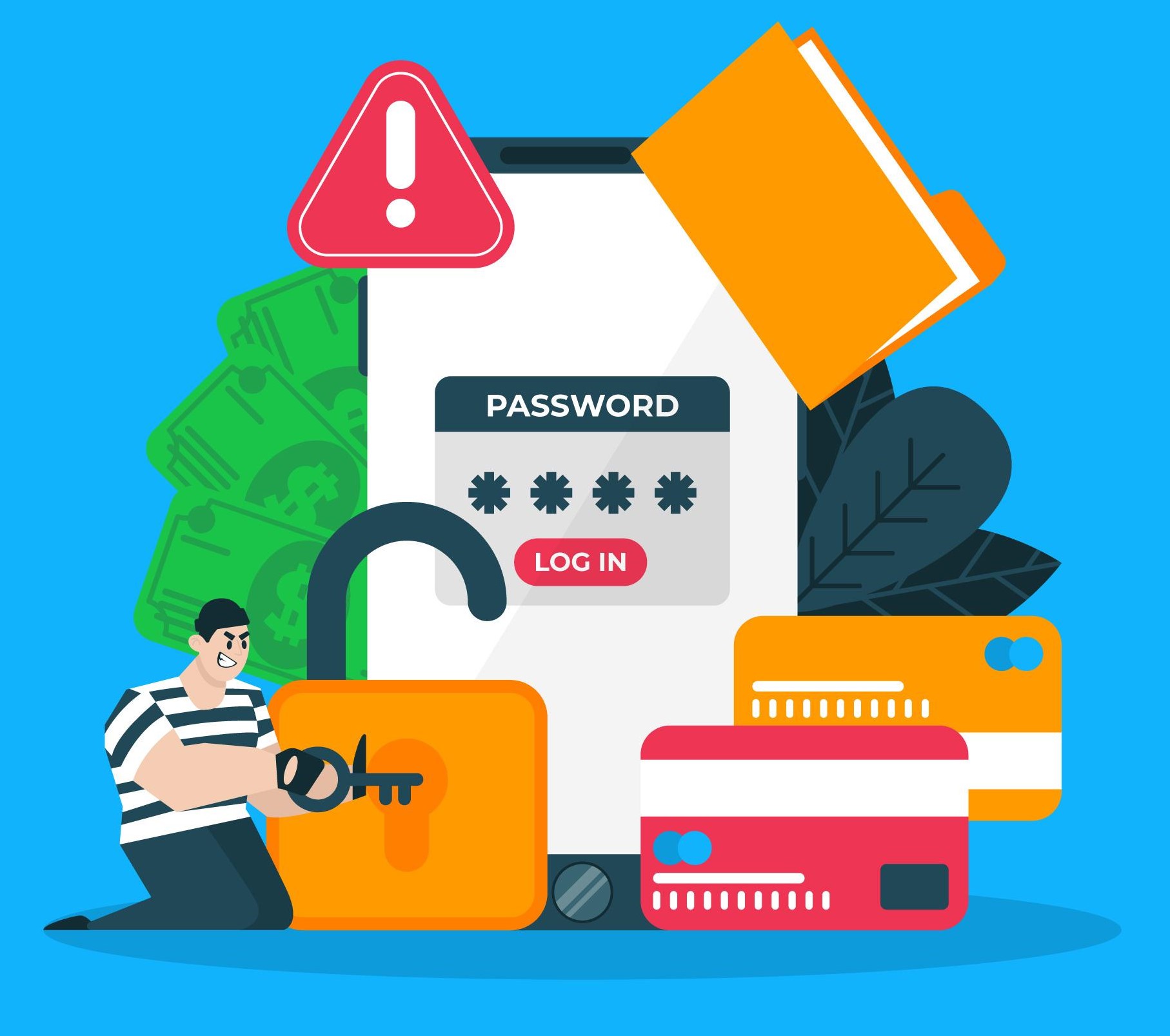In modern society, network security has become a very important issue. With the development of technology, network attacks have become a common threat, making it increasingly important to protect your network security. This article will introduce some common network security vulnerabilities and how to address them.

Weak Passwords
Weak passwords are one of the main entry points for network attacks. Many people use easily guessable passwords such as "123456" or "password," which makes it easy for hackers to crack passwords. To address this issue, you should use strong passwords and change them regularly. Strong passwords should include lowercase letters, uppercase letters, numbers, and symbols, and should be at least 8 characters long.
Using a password manager can help you manage multiple passwords and generate strong passwords. Additionally, you should avoid using the same password on different websites, as once one of your accounts is hacked, they will be able to access your other accounts.
Software Vulnerabilities
Software vulnerabilities are another common network security vulnerability. Hackers can exploit software vulnerabilities to enter your system and obtain sensitive information. To address this issue, you should regularly update your software to ensure that security patches are installed. Additionally, you should be cautious when opening and downloading attachments, as they may contain malicious software.
Some software may offer an automatic update option, which makes updating programs more convenient. Before downloading attachments, you should check if the files come from a trusted source, especially when you receive emails from strangers. If you are unsure if a file is secure, it's best not to open it.
Social Engineering
Social engineering is a deceptive technique that hackers can use to obtain your sensitive information. Hackers may send phishing emails that look like normal emails to entice you to click on links or enter passwords. To address this issue, you should be cautious when opening emails and messages, and check the sender's email address and the URL of the link to ensure they are safe.
Some phishing emails may disguise themselves as coming from institutions you trust, such as banks or social media platforms, to trick you into giving away your information. If you receive such emails, confirm their authenticity before taking any action. You can confirm by visiting the institution's official website or calling their customer service phone number.
Conclusion
Network security is an issue that everyone should pay attention to. This article has introduced some common network security vulnerabilities and how to address them. By taking appropriate measures and remaining vigilant, you can protect your computer and personal information from hackers' attacks. When using a computer, you should always be aware of network security and ensure that your computer and personal information are properly protected.






















